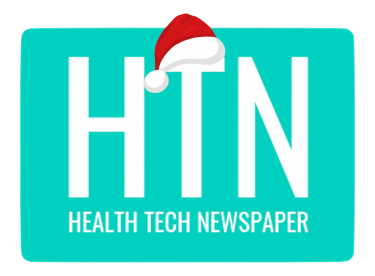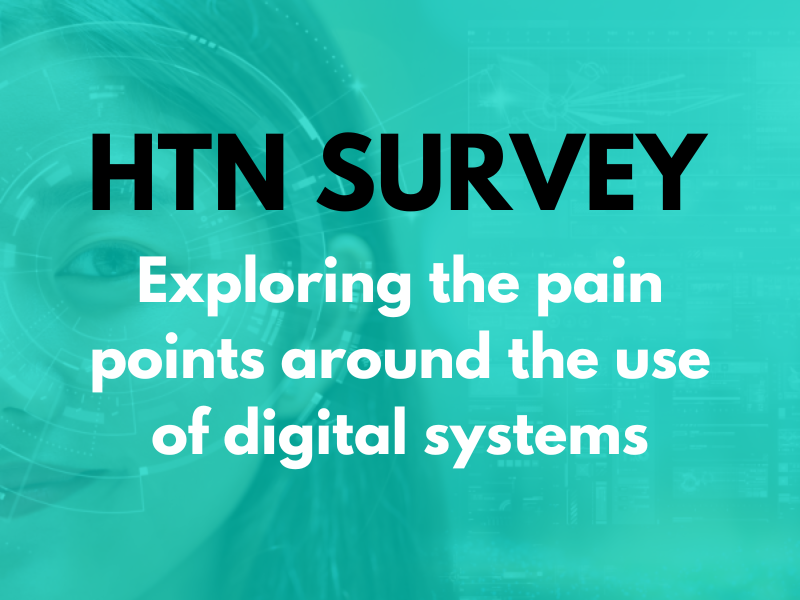Thousands of patients are receiving better, safer and speedier emergency care after A&E clinicians in South Tees ditched paper records for Symphony, EMIS Health’s urgent and emergency care system.
Chief clinical Information officer and emergency medicine consultant Andrew Adair said: “We never expected that going digital would transform everything about the department. Before introducing Symphony and going paperless, patients were seen by the next available doctor, even if there was someone with more relevant clinical expertise in the department. Now, we discuss every patient as a coordinated team and we also greet every ambulance arriving, meaning we are also meeting the required ambulance handover time target.”
Michael Souter, business analyst for urgent & emergency care at South Tees Hospitals NHS Foundation Trust said: “Our coding improved immediately and having data available electronically means we have the ability to instantly audit our performance. We can also respond to changes quickly. A new CQUIN looking at secondary mental health diagnoses was introduced and within 10 minutes, we’d added it into the system.”
Before implementing Symphony, the trust/hospitals relied on emergency clinicians to complete paper records with information on sepsis screening and safeguarding. Making these sections mandatory on the electronic patient record has resulted in 100% compliance. The department has also built automatic coding into the system, meaning it is now hitting every one of NHS England’s Commissioning for Quality and Innovation (CQUIN) target and being paid more accurately for activity.
The clinical team now dictates patient notes straight into the record, using voice recognition and electronic transcribing software. This has reduced the previous 4-6-week transcribing delay to near real time.
Dr Adair said: “Introducing Symphony and changing the way we work is better for patient care and it means we’re running the department much better. We now have more control and can provide safer, better care. Having information at our fingertips and in front of us on an electronic board means we know at a glance exactly what is happening in the department.”





